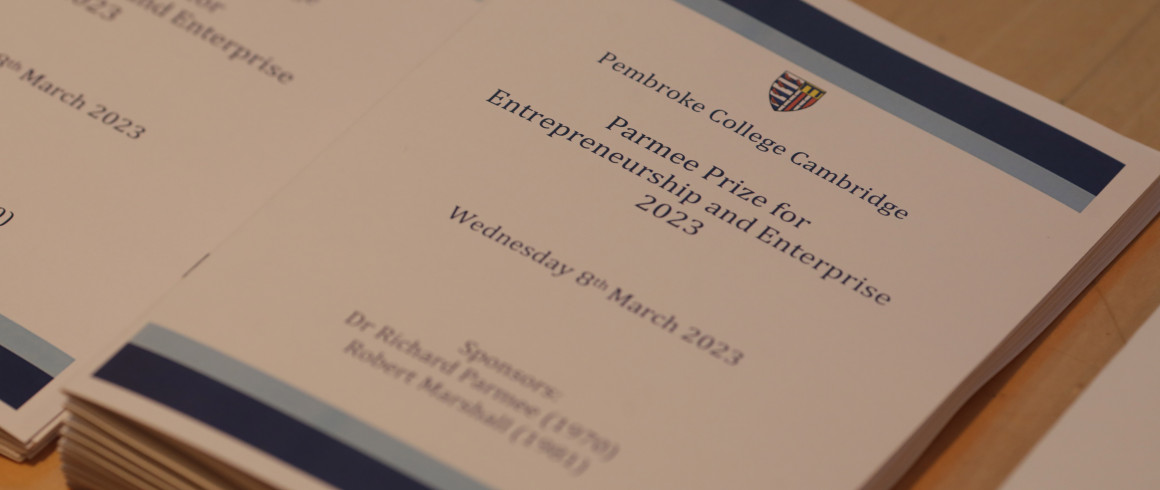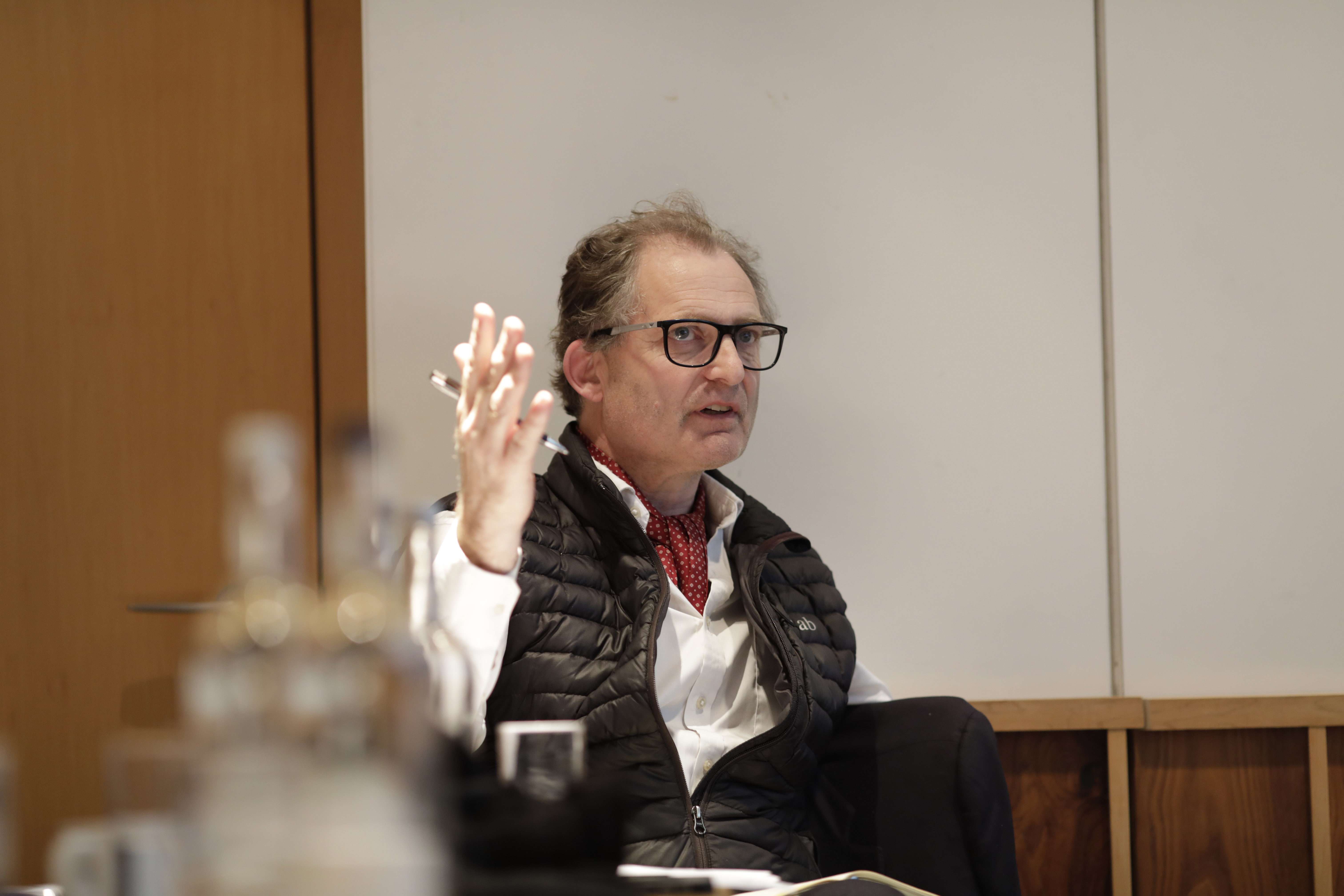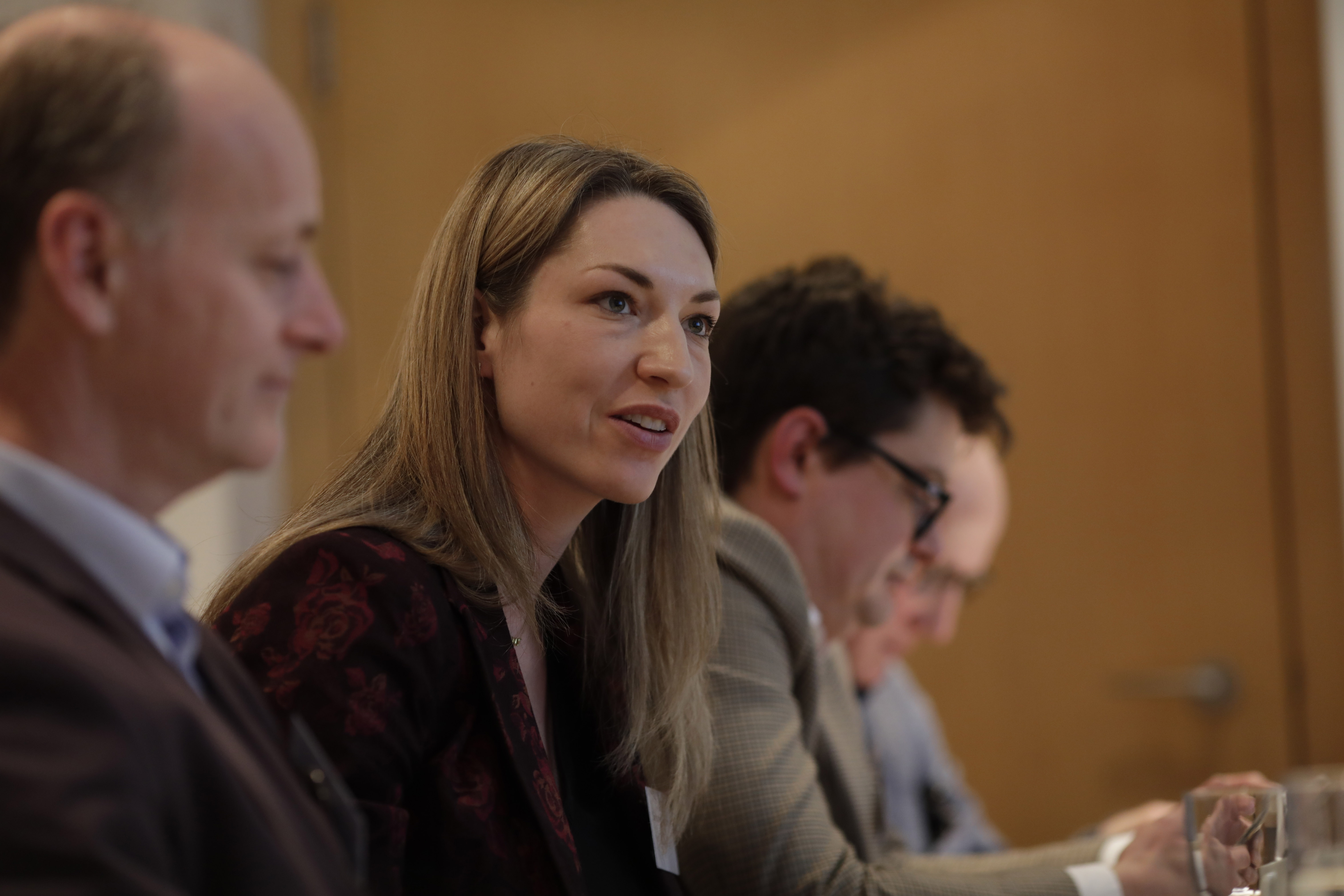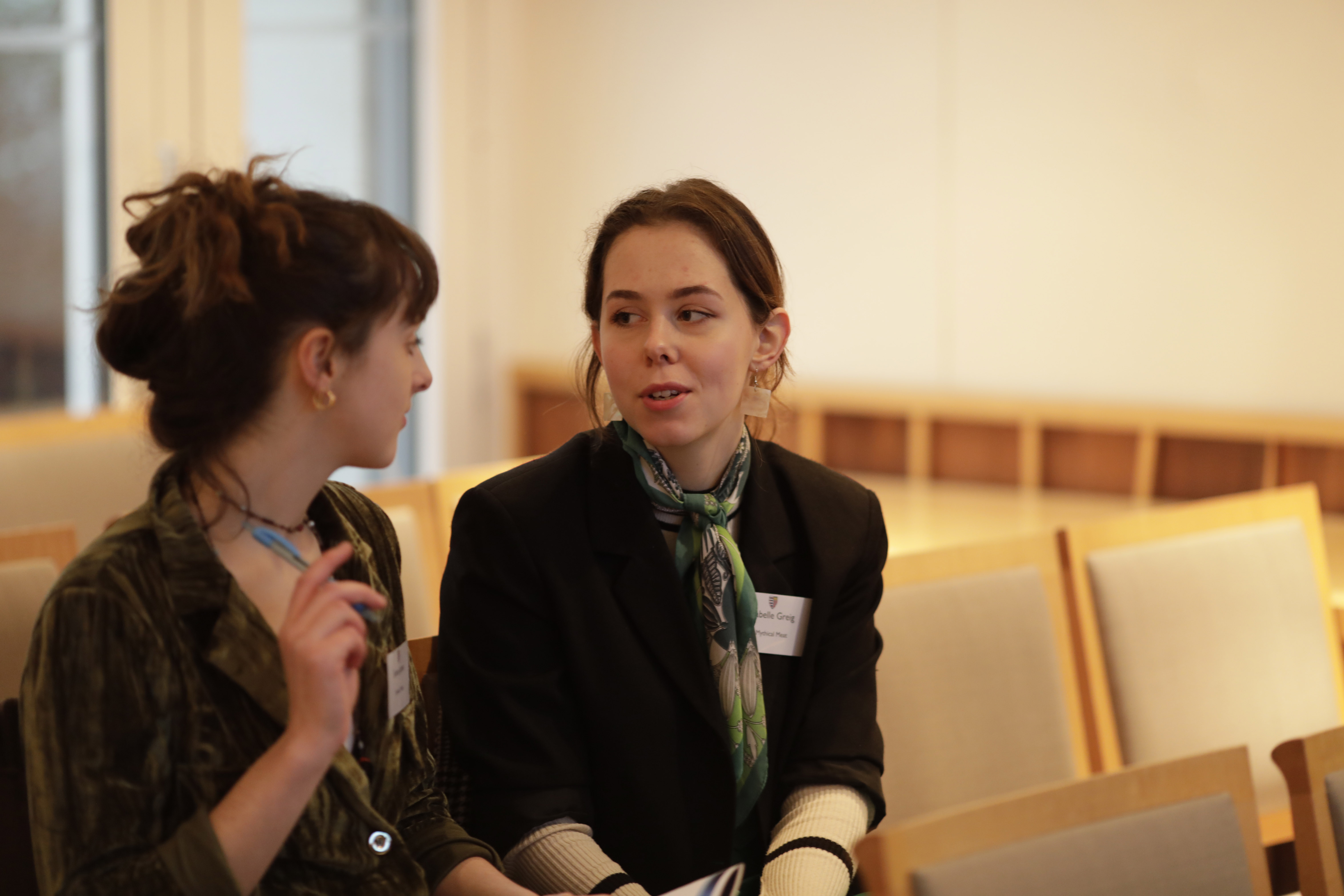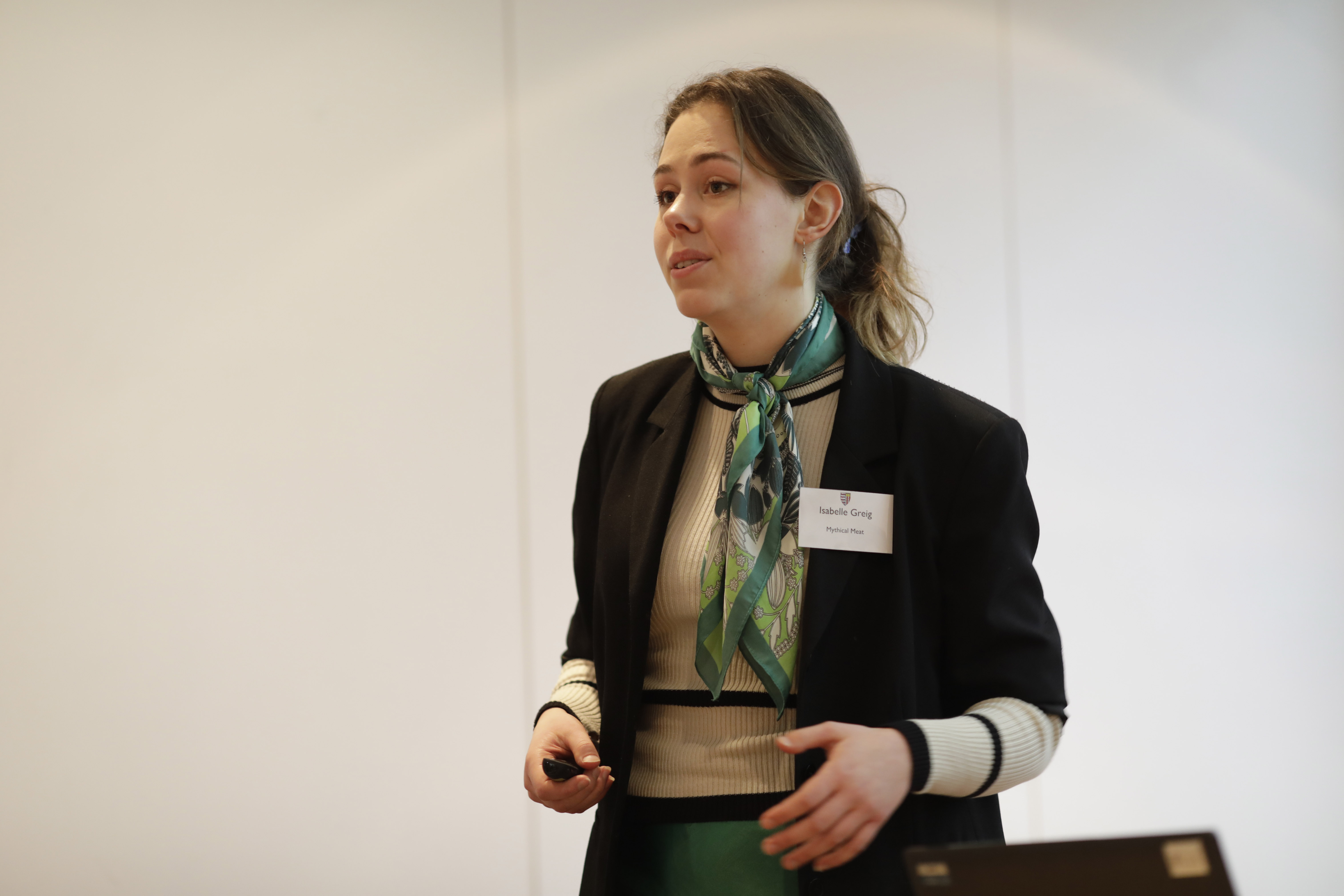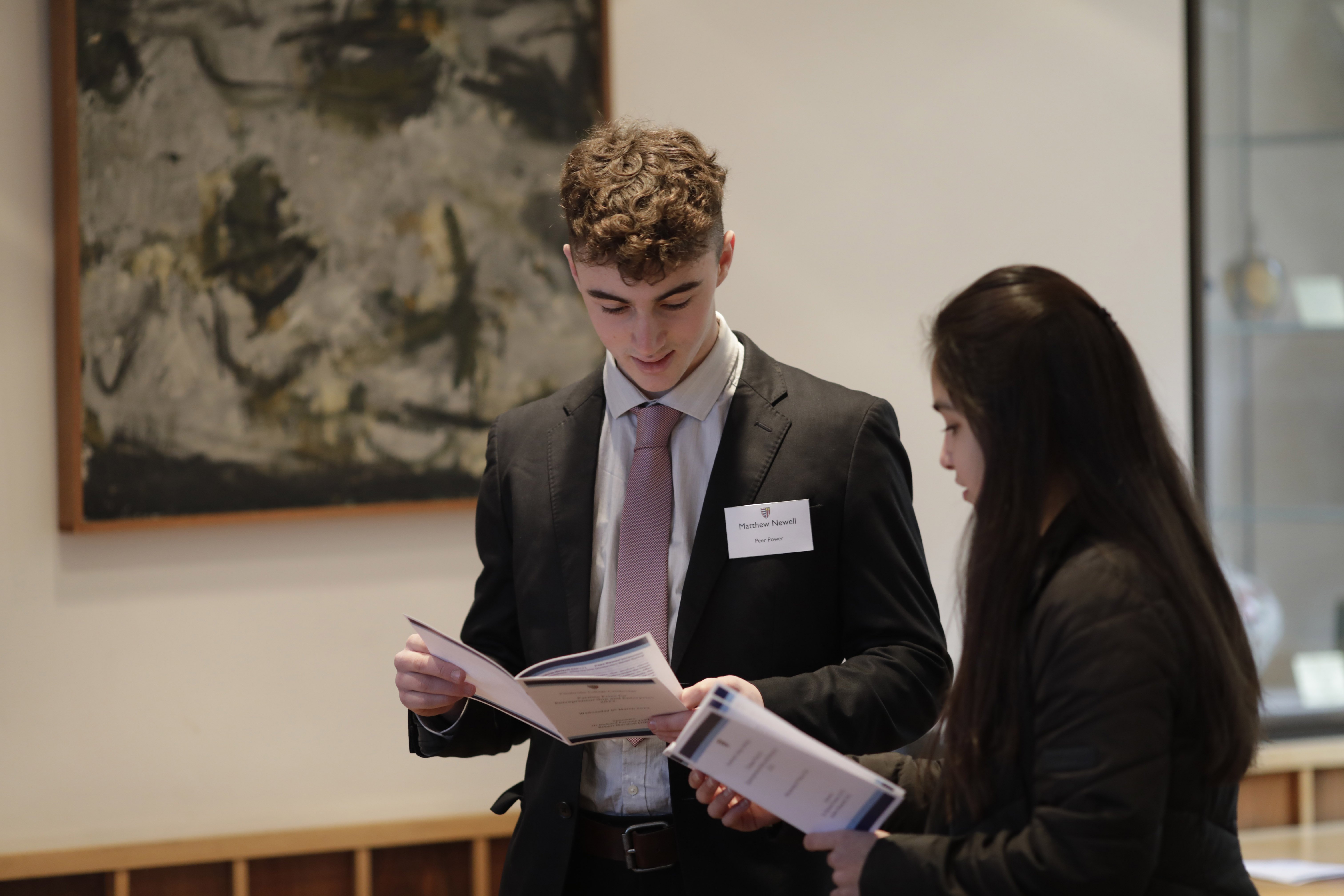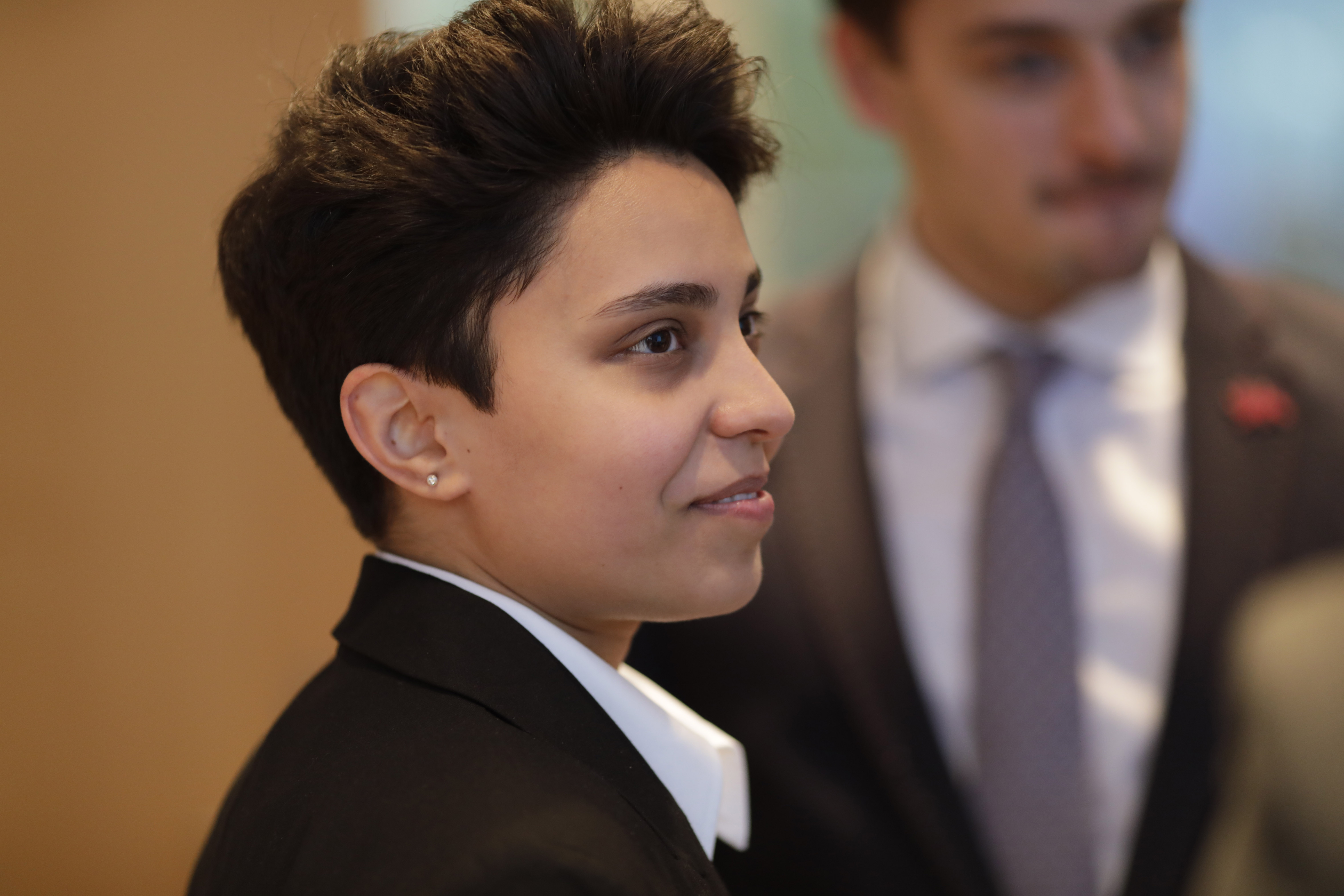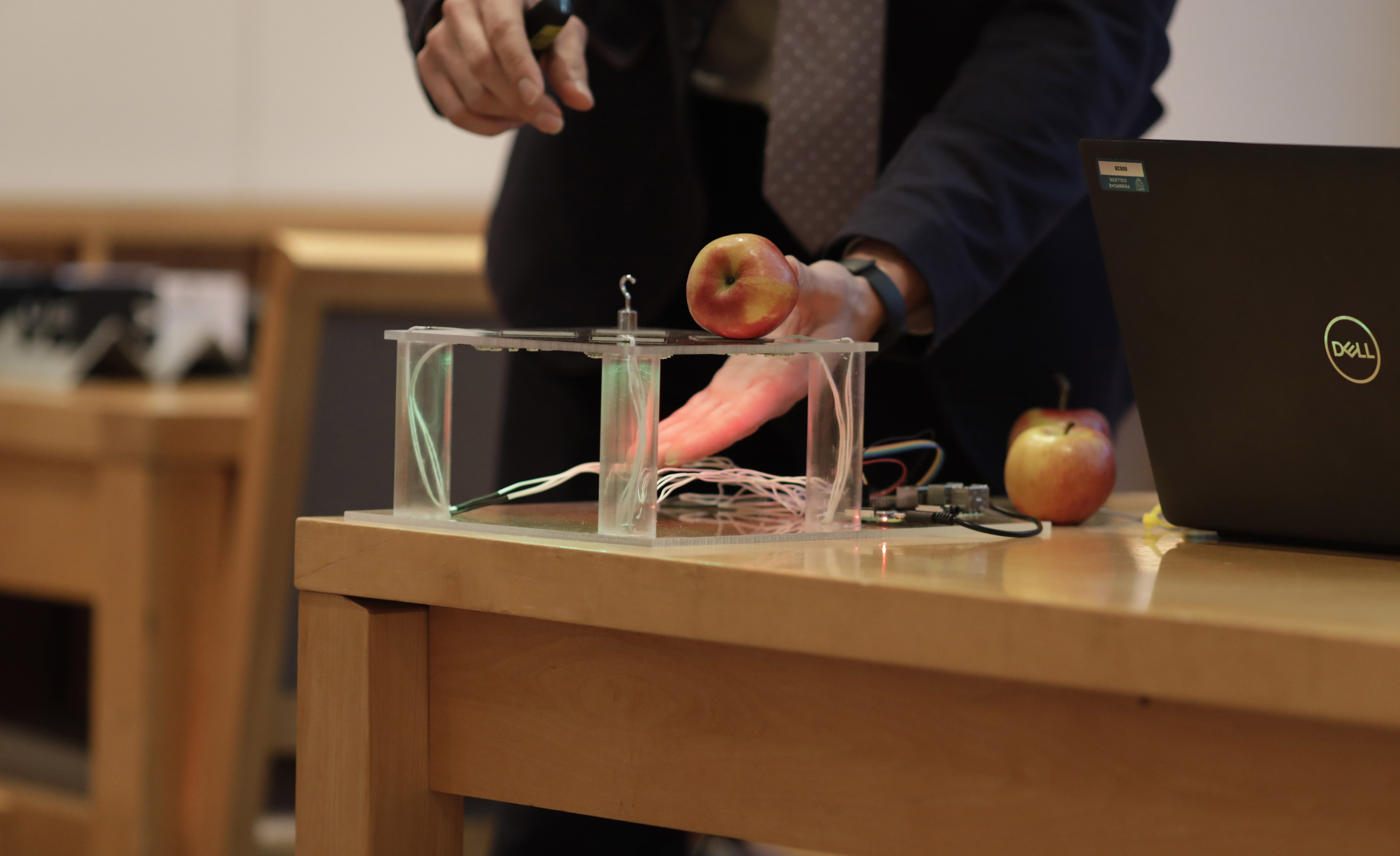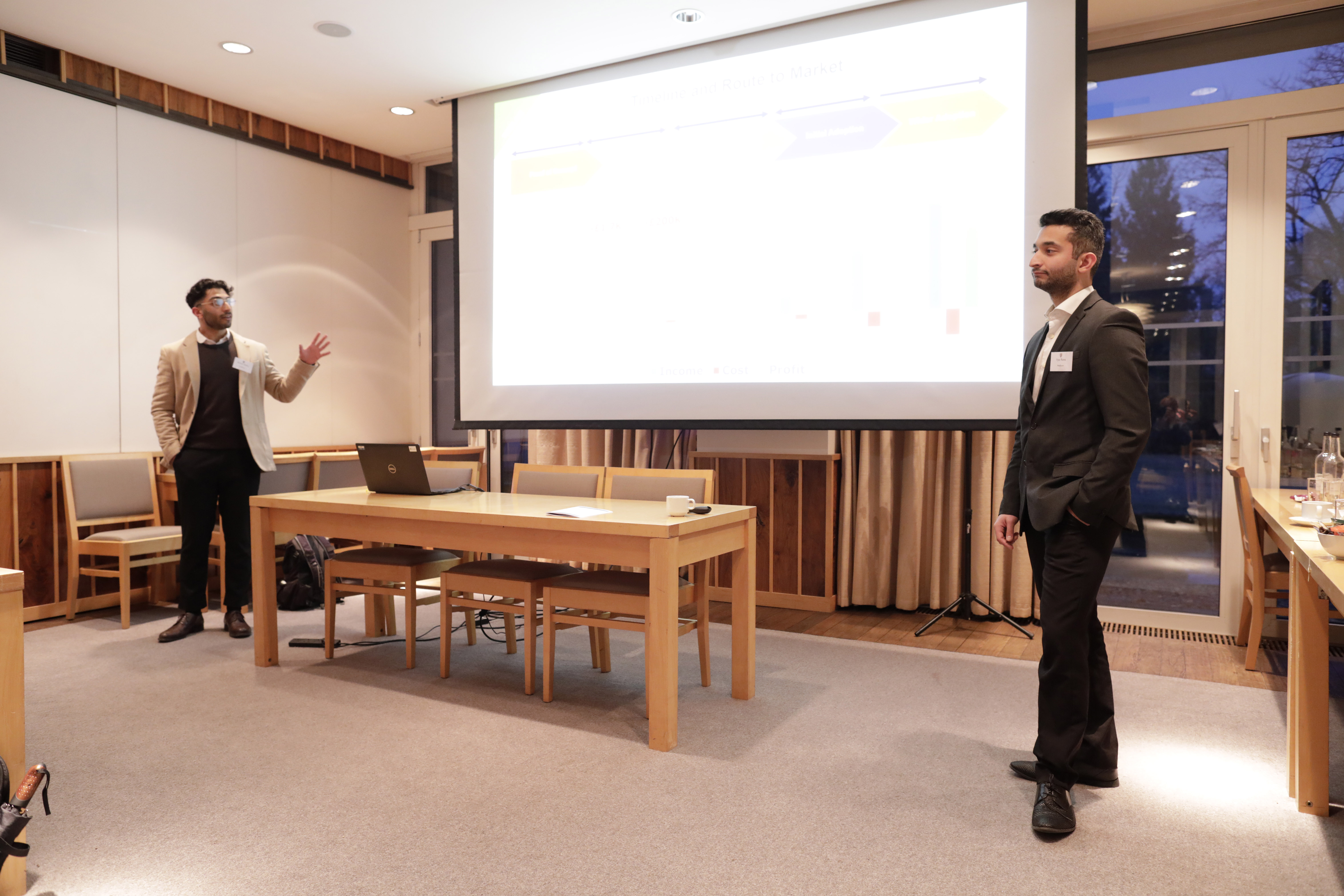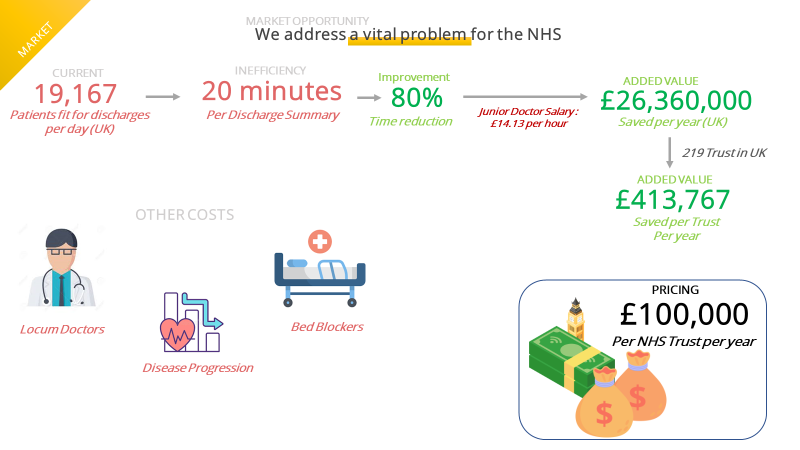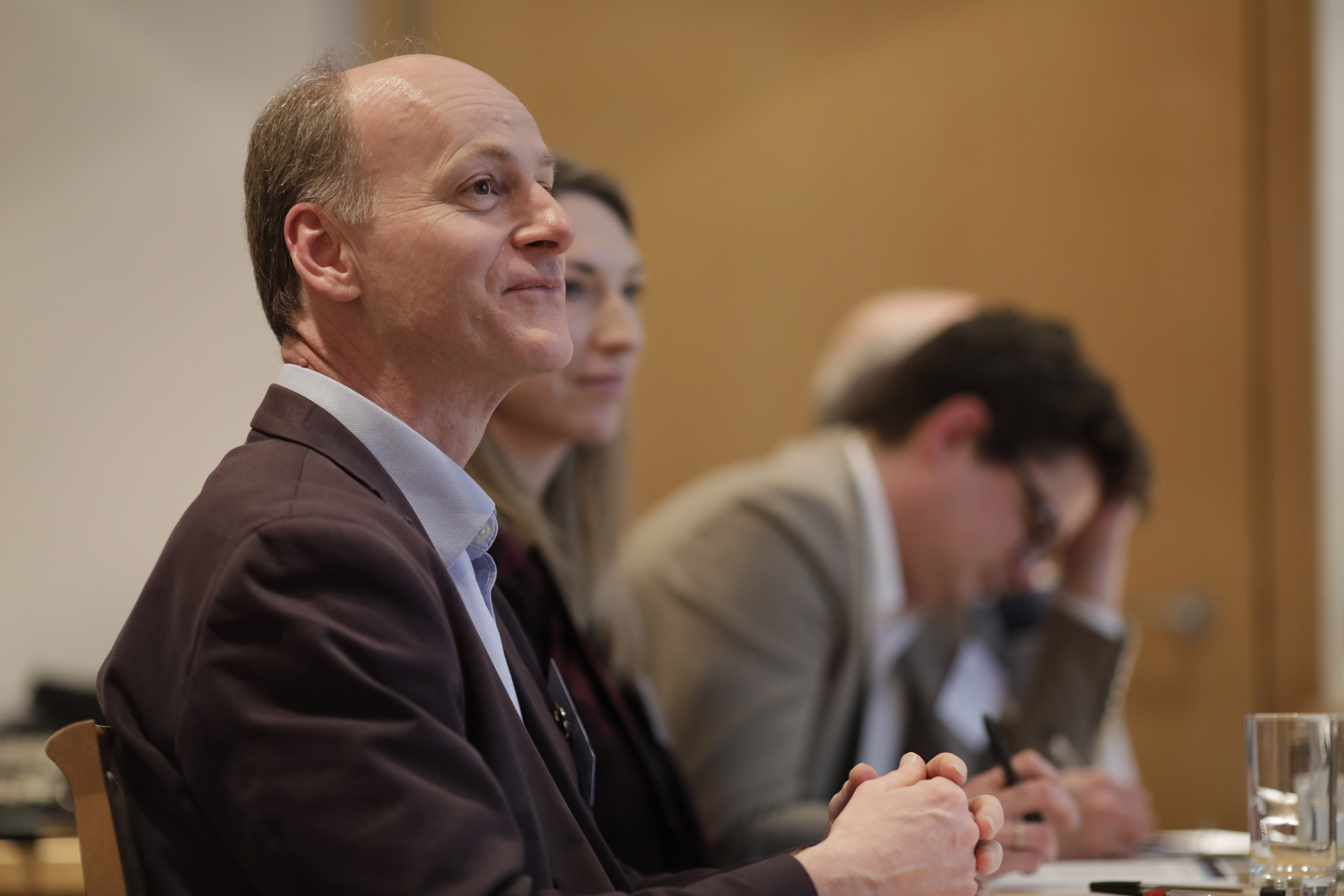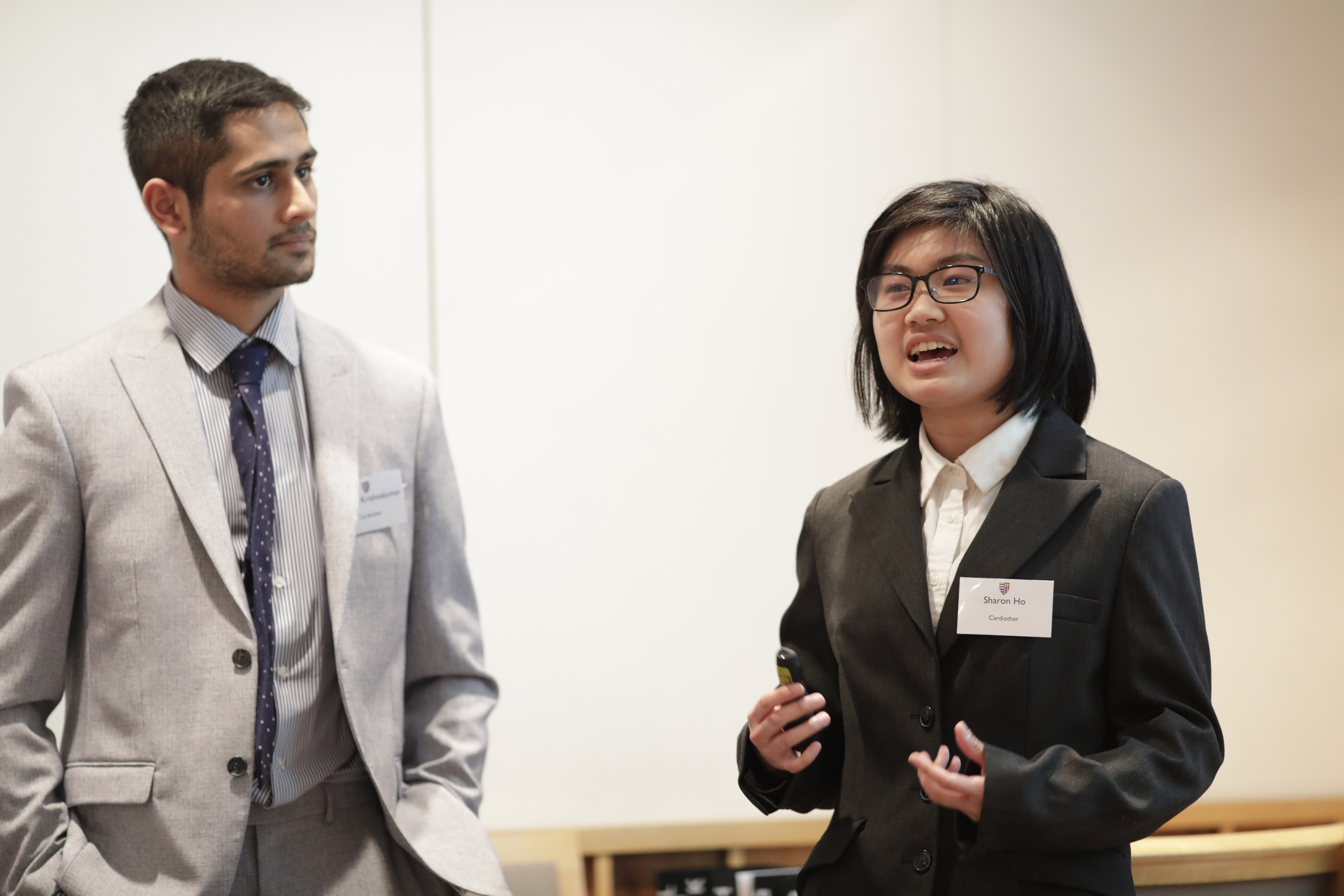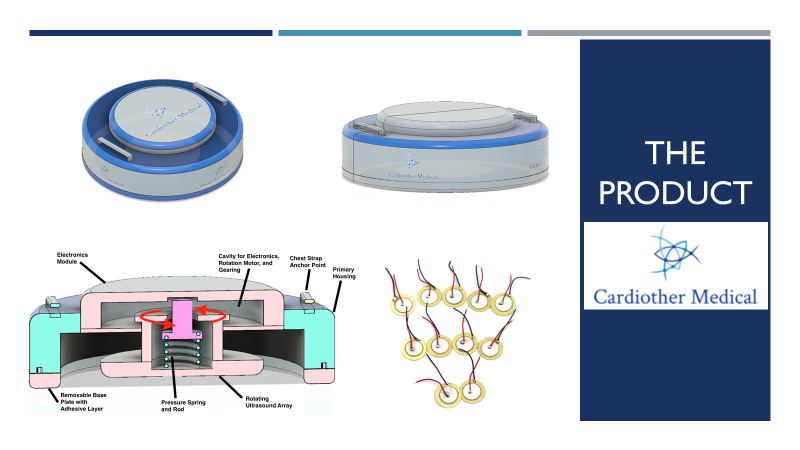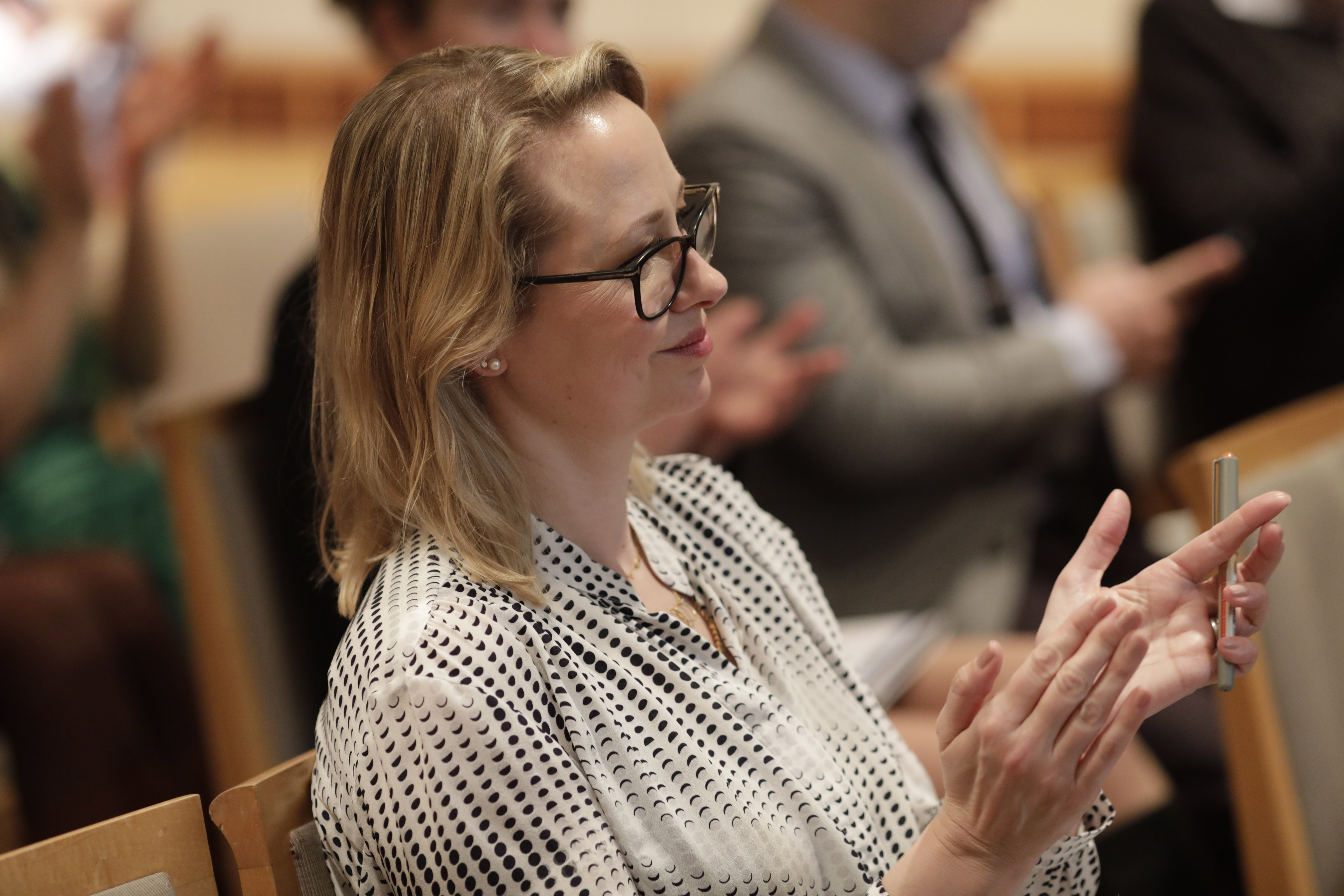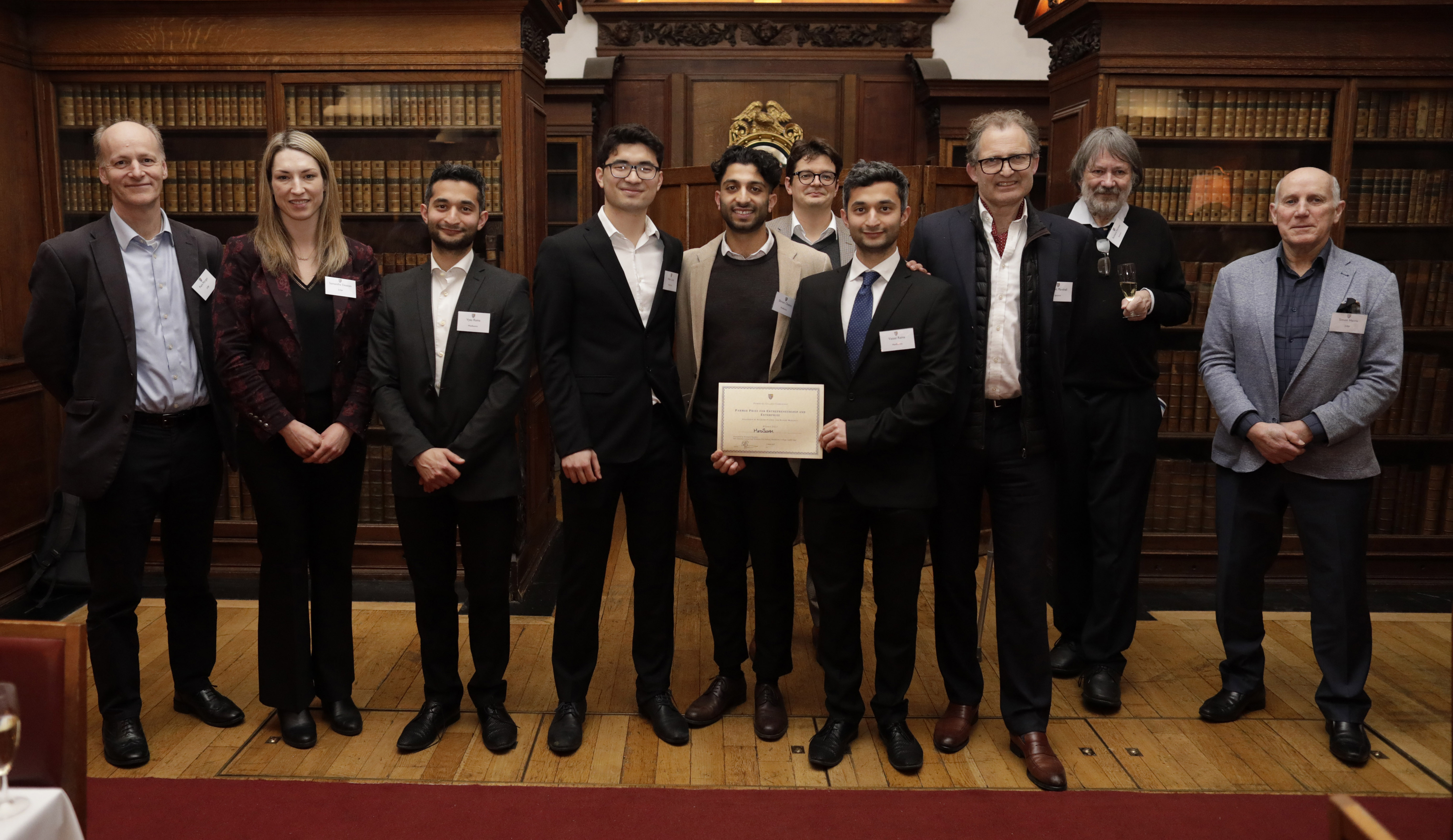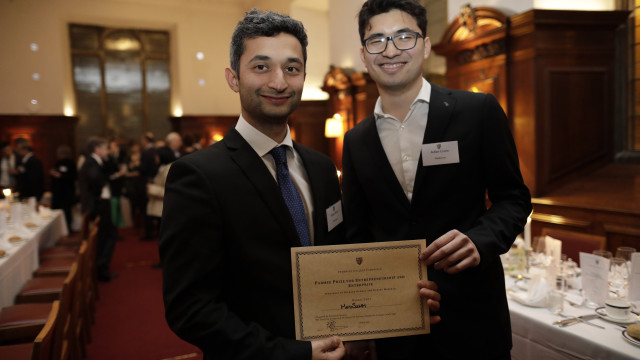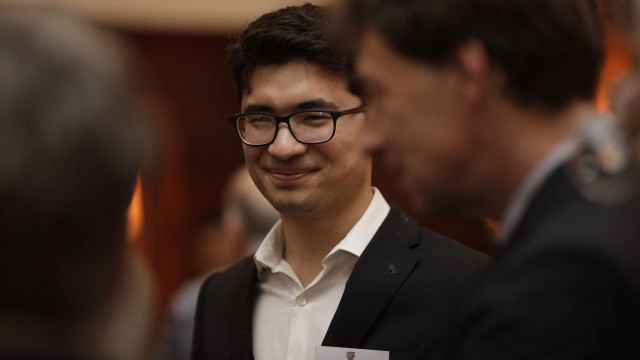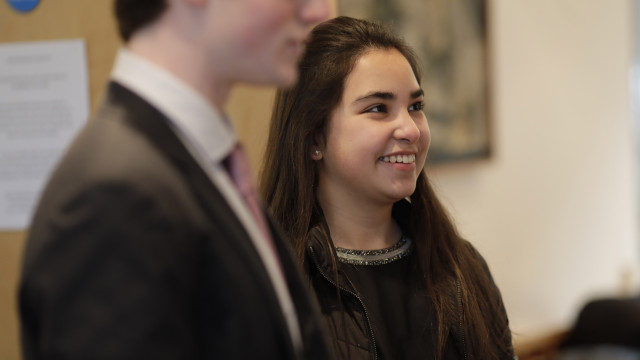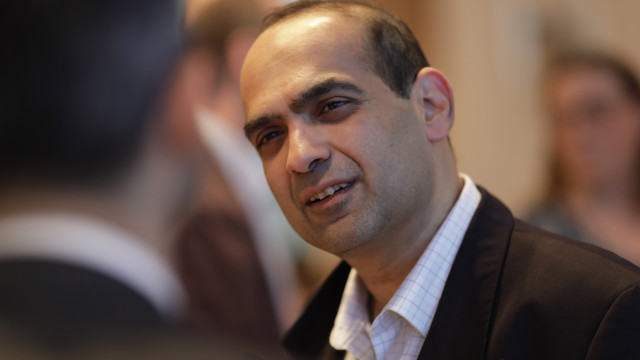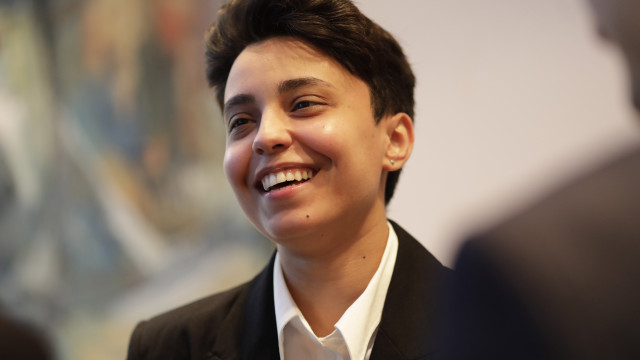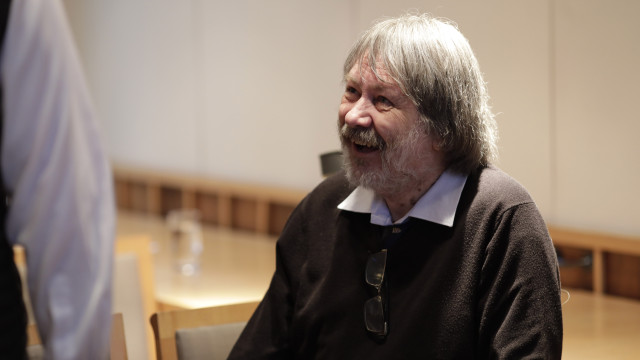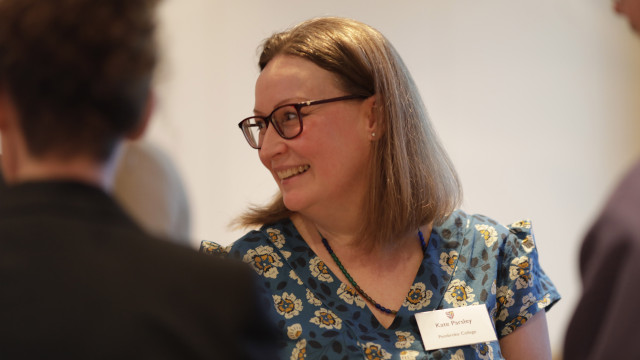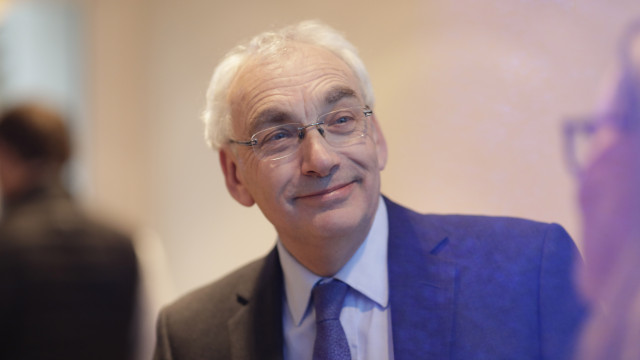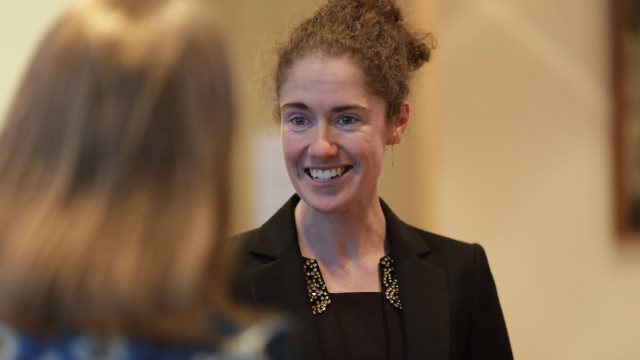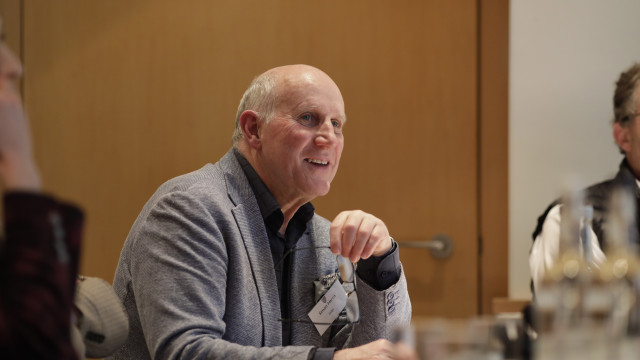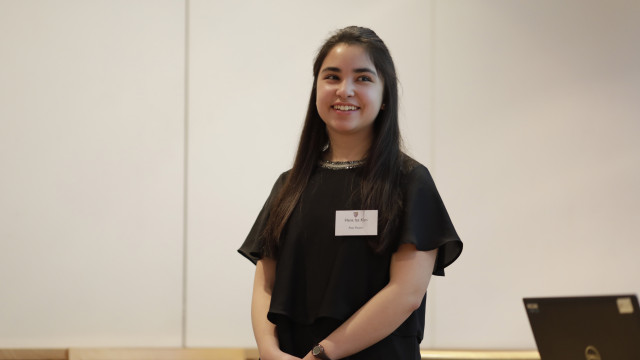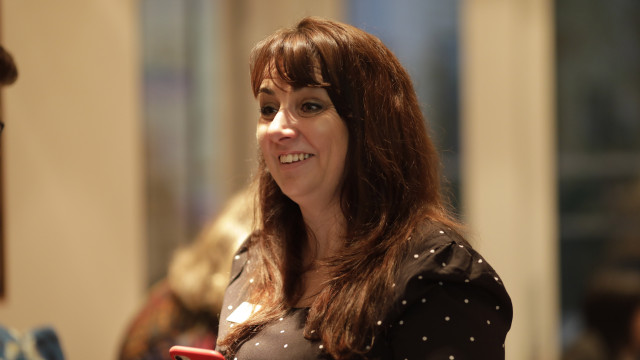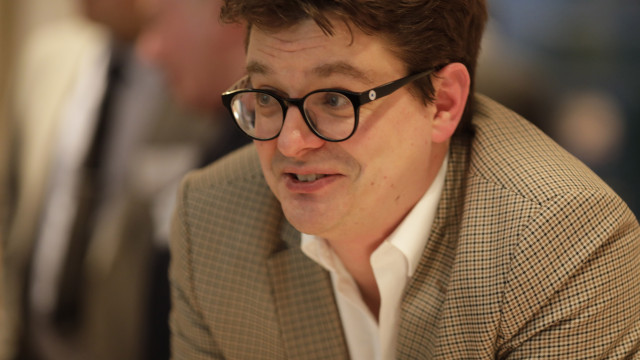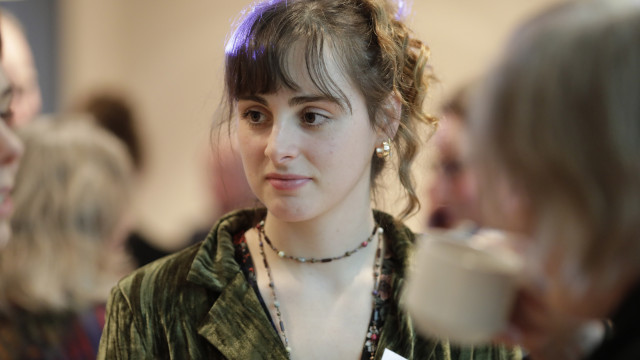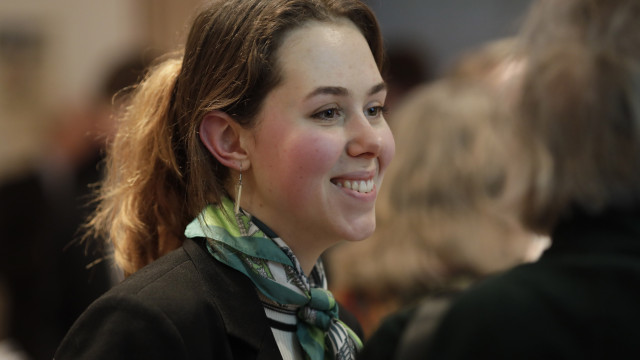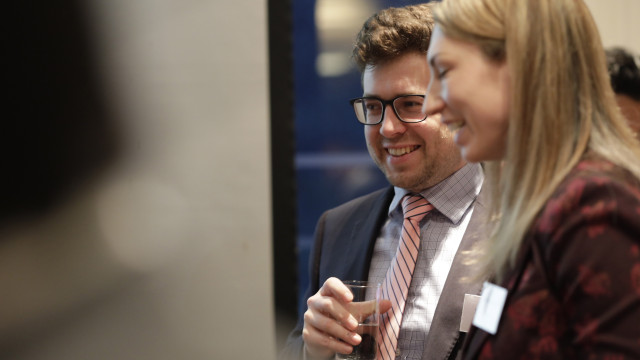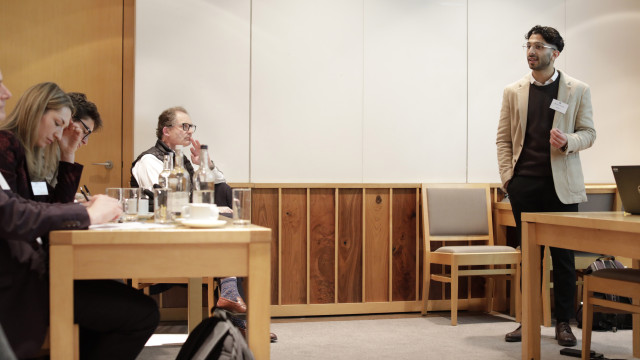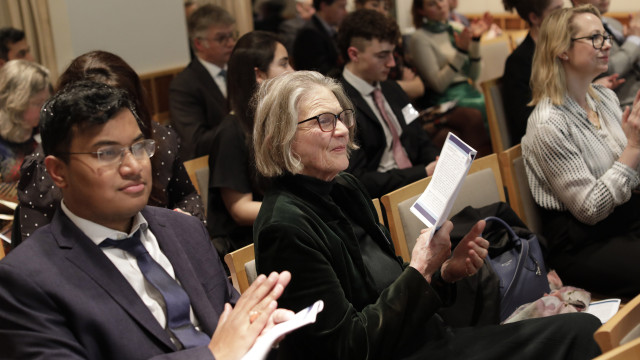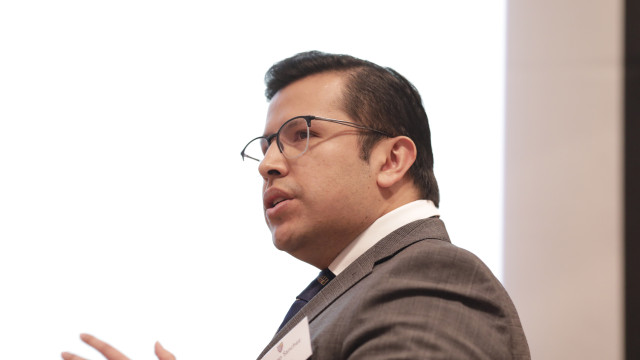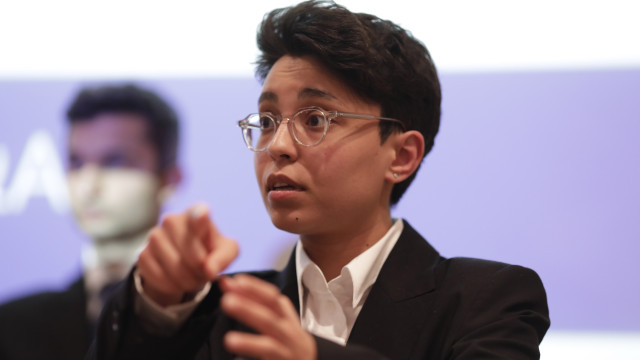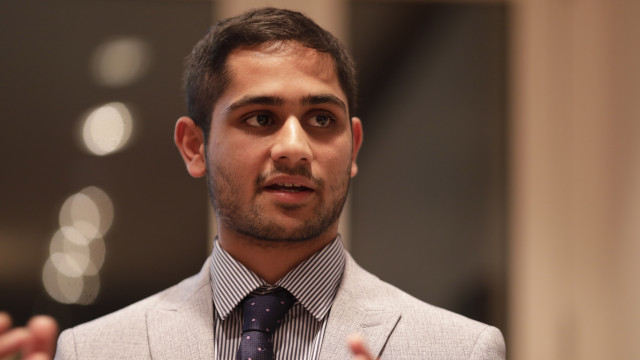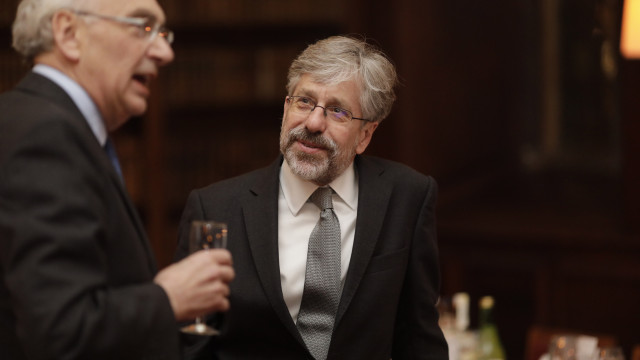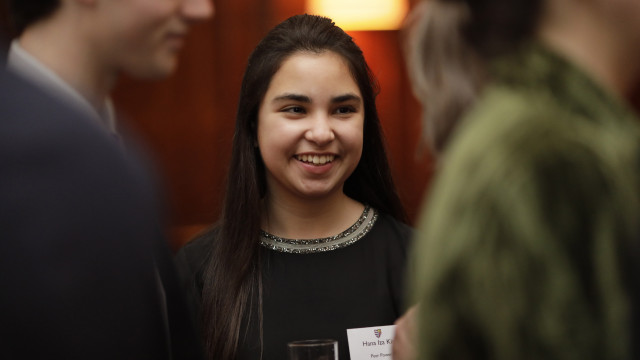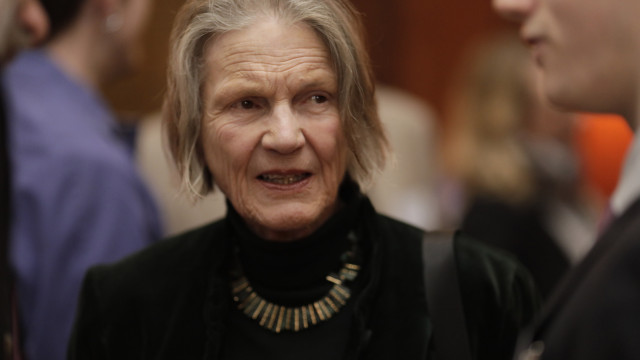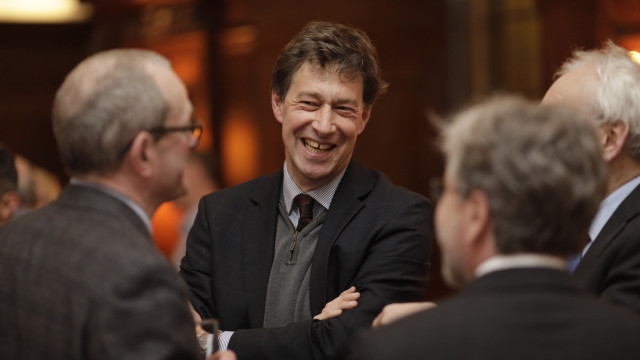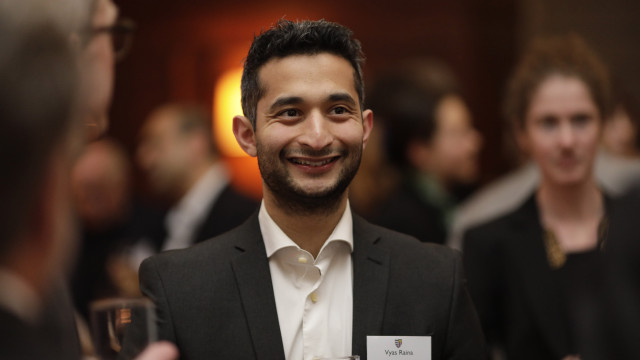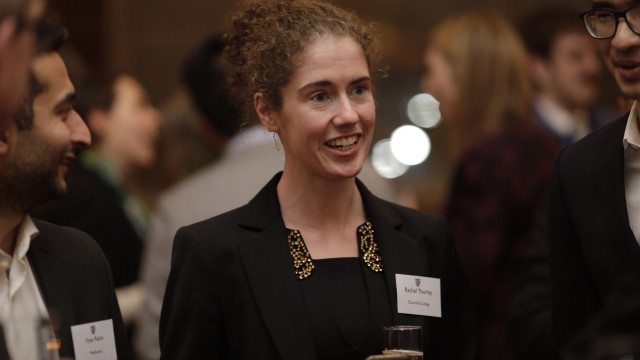The 2023 Parmee Prize for Entrepreneurship and Enterprise
Generously supported by William Pitt Fellow Dr Richard Parmee (1970) and Robert Marshall (1981), the Parmee Prize has been searching for students with the ‘genetic abnormality’ of entrepreneurship since 2007.
Every year the Parmee Prize calls on Pembroke Students to submit their best ideas and business plans to our panel, in the hopes that they will be in with a chance to win a cash prize and mentorship, and every year we are inundated with fantastic applications.
This year was no different, and we received the most applications to the competition we have ever received! After a week of deliberation, our judges helped us to consolidate a shortlist of five applicants.
Our judges were chaired by Robert Marshall (1989) of Martlet Capital Ltd, Pembroke engineering alumnus and former CEO of the Marshall Holdings Ltd with a wealth of experience in deeptech, agri-tech and business more generally.
Robert was joined on the panel by Simon Harris (1969) of Lambda Energy Ltd, a veteran of Saatchi & Saatchi where he ran campaigns for a variety of corporate and financial clients before he became an entrepreneur in 2003 and helped to establish or found a number of successful businesses such as Quotient, Lysanda and ZapGo.
Alongside Simon was Dr Mark Mann (1999) of Oxford University Innovation, who has worked both in academia and in BBC’s Research & Development Department before becoming the Technology Transfer Manager at Oxford University Innovation. He entered the first Parmee Prize with his first patent – but alas he finished second.
Also on the panel was Dr Samantha Deacon (2004), Impulse Programme Manager at the Maxwell Centre and an expert on developing high-potential technology innovations into commercial propositions. She is a qualified solicitor with a decade of experience, most recently at Goodwin’s Technology and Life Sciences group where she advised tech and life science companies on the development and commercialisation of intellectual property rights.
Finally our panel was concluded with Piers Morgan (1985), a Chartered Accountant with nearly a decade of experience in investment banking before he moved into biotechnology where he has been for the last 20+ years. During his career he has helped to raise over $1.4 billion in new investments and has concluded around 130 corporate transactions. He is now the Chief Corporate Development Officer at Pangea Botanica.
Mythic (FKA Mythical Meat) were the first pitch of the day, a plant-based protein venture with a strong brand headed up by two Pembroke undergraduates Isabelle Greig (2020) and Sienna James (2020). History and History of Art undergrads Isabelle and Sienna outlined a veritably untapped gap in the market for an affordable and filling lentil protein alternative, and made an astutely researched and persuasive argument for how Mythic could fill that gap. Their product would outcompete Merchant Gourmet in the UK millennial and Gen-Z markets, a likely competitor product which Isabelle argued was out of budget for younger consumers.
Mythic received lots of useful feedback from the judges, Samantha and Mark suggested that they should approach more middle-class high-end supermarkets like Waitrose instead of limiting themselves to the budget end of the consumer market. Sienna and Isabelle were one of many great Pembroke double acts of the day, deftly dealing with tough questions and taking it turns to step up to the plate before taking a swing at whatever kind of question the judge threw at them.
Up next was Peer Power, led by Pembroke first year Engineers Matthew Newell (2022) and Hana Iza Kim (2022). Peer Power hopes to completely revolutionize the energy sector by helping small household energy producers receive a fair price for the excess energy they generate and sell to the grid. Energy retailers offered as little as 7 pence per kWh last year to residential solar owners for their excess energy, while wholesale prices averaged four times that. This under-compensation disincentivizes solar ownership. Peer Power would bring solar owners together under one banner. There is strength in numbers, Matthew eruditely explained, and Peer Power would empower solar owners and enable them to get a fair wholesale rate for their energy from the market.
Solar panel owner and judge Dr Mark Mann expressed a lot of interest in Matthew and Hana’s proposal, and he agreed that the kWh rate was unfairly low for small household energy producers. The panel gave lots of useful feedback, and suggested that one of the most useful methods of advertising for them may be door stopping in a persuasive approach not at all dissimilar to a political party.
Another all Pembroke team followed next, led by first year Engineering PhD students Sara AlMahri (2022) and Ivan Grega (2017). The dynamic pair hope to meet the demand for specialist hardware in eCommerce, retail and warehouses with their 3D-printed piezoresistive weight sensor, which offers a cost-effective and autonomous method of providing real-time data on low stocks, as well as detecting theft and object misplacement.
Ivan presented the brunt of the tech presentation, whilst Sara took the reins on their business plan. Whilst Mark commended their brilliant prototype he suggested that they should consider devoting more time to talking to people in the sectors they hope to have commercial success in, whether that is logistical staff in warehouses or Supermarket managers, whilst Samantha encouraged them to closely guard ‘the secret sauce’ and get their prototype patented as quickly as possible. Overall the judges were impressed with their thorough market research and exciting demonstration.
Following a quick intermission, MedSumm took the floor. Led by Pembroke Engineer Vyas Raina (2016) and Shirom Chabra of Downing, they were joined by Pembroke Engineer Adian Liusie (2016), Andrew Zhou of Robinson, Sarah John of Murray Edwards and Vyas’ brother Vatsal also of Downing. 2023 was Vyas’ and co.’s third year entering, and their third new idea.
Vyas and Shirom led the pitch, with Shirom first explaining how one of the causes of bed shortages is the lengthy discharge process which can take up to 45 minutes. Using machine learning this process could be almost entirely automated, speeding up discharges by producing AI autogenerated discharge summaries with fewer accuracy errors.
Vyas and Shirom had a wealth of knowledge within the fields of Computer Science and Medicine, as well as a lot of knowledge on how to run a Medical-Tech business since their entry to last year’s Parmee Prize is now incorporated, with MedSumm as an offshoot from that idea. Vyas outlined a clear route to a market rife with opportunity, and the team were well prepared for the judge’s questions.
When judges asked if they had spoken to people in the NHS to see if this was what they wanted, Vyas pointed out that many of their team mates already worked in the NHS and that many medical professionals were desperate for agile solutions which met their service requirements. Vyas also noted that outside of the trenches there were many in the upper echelons of the NHS hierarchy who have expressed a desire for more and faster tech adoption.
The judges noted the long-road ahead for ventures looking to introduce new tech into existing healthcare systems, but suggested the future looked promising for MedSumm.
As the competition drew to a close, one last venture ascended the entrepreneurial soapbox and gave their pitch. Led by Pembroke EMBA student Santiago Sanchez (2022) and Anirudh Krishnakumar of Peterhouse and Sharon Ho of Gonville & Caius, Cardiother began their talk with a little history lesson. Anirudh explained that the Swan-Ganz catheter was invented in the 1970s and noted that whilst most other inventions have seen drastic research and development in the last 50 years, the methods for attaining cardiac output information have not developed.
Drawing an amusing comparison with the car industry and the differences between a 1970 Ford Cortina and a 2023 Tesla, Anirudh said that Cardiother would break new ground in it’s field. Sharon elucidated their pitch with fine visual examples of how Cardiother is able to give beat-by-beat readouts noninvasively. Unlike Swan-Ganz catheters, there are no medical risks associated with Cardiother’s device, and likewise because there is no penetration it can be reused, cutting down costs in hospitals and the use of single use plastics.
Santiago outlined a clear route to market, and quickly adapted to a rapid-fire line of questioning where the judges expressed some doubts about their projected costs required to get FDA approval. A lively discussion followed, and Cardiother demonstrated adaptability, wit and strong improvisation skills as they took turns fielding questions from our expert panel of judges.
With all the pitches and Q&A’s finished, the judges disappeared behind closed doors to deliberate while our finalists fielded questions from the audience before rendezvousing at the Old Library with the judges for the announcement.
The competition for first place was extremely fierce and each team gave a fantastic pitch. Chair of the judges, Robert Marshall commended the variety of different business ideas and the quality of our wonderful enterprising young students from both Pembroke and the other colleges. Nevertheless, there can only be one winner and this year third time appeared to be the charm for MedSumm who were pronounced as this year’s winner to rapturous applause.
In the drinks reception and dinner that followed, all of our entries chatted happily with our guests and each other. Business cards shot across the table from hand to hand, and email addresses were enthusiastically scrawled on the backs of place cards and menus. Many applicants who were not shortlisted and did not make it to the final have even found success through other means, with a number of ventures being put in contact with innovating academic colleagues across the university. We look forward not only to seeing what MedSumm go on to achieve with the money and mentorship that they will receive, but also the future success of all our applicants and what fruit the connections they made with industry veterans will bear.
